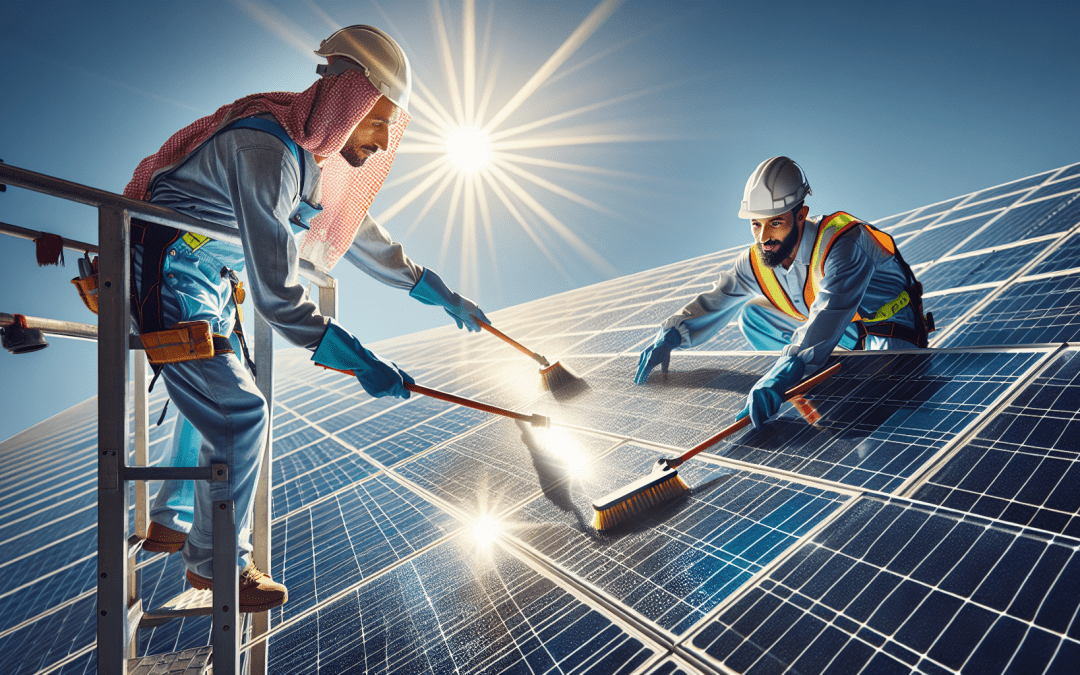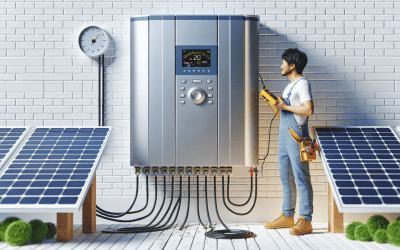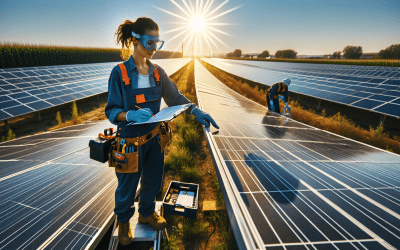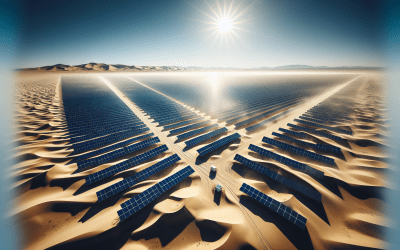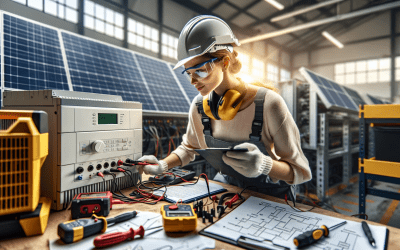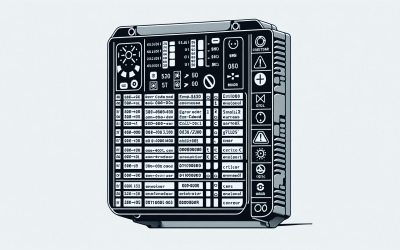Introduction
As an owner of solar panels, you’ve made a significant investment in a renewable energy source that can provide you with years of clean, sustainable power. However, like any other investment, it’s essential to maintain your solar panels to ensure they continue to function optimally. One common question that arises is whether or not you need to clean your solar panels.
While solar panels are designed to withstand the elements, they can still accumulate dust, bird droppings, leaves and other debris over time. This buildup can potentially affect the performance of your solar panels and reduce their efficiency. So, let’s delve into the specifics of cleaning solar panels and why it might be necessary for you.
Quick Summary
Yes, cleaning your solar panels can be beneficial to maintain their efficiency and longevity. However, the frequency and method of cleaning should be carefully considered to avoid damage.
Why Clean Solar Panels?
Over time, dirt and debris can accumulate on the surface of your solar panels, blocking sunlight and reducing their efficiency. While rain can naturally wash away some of this buildup, it may not be enough to remove all the grime, especially if you live in a dusty area or a place with high pollution levels.
Moreover, bird droppings and leaves can stick to the panels and are not easily washed away by rain. These can create “hot spots” where the panel gets hotter than it should, potentially causing damage. Therefore, regular cleaning can help maintain your panels’ performance and extend their lifespan.
How Often Should You Clean Your Solar Panels?
The frequency of cleaning depends on several factors such as your location, climate, angle of installation, and amount of dust or debris in your area. For instance, if you live in a dusty area or near a main road, you might need to clean your panels more frequently. However, as a general rule, it’s advisable to check your panels every six months to determine if they need cleaning.
Remember, while solar panel cleaning can improve efficiency, over-cleaning can lead to unnecessary wear and tear. Therefore, it’s crucial to strike a balance and clean your panels only when necessary.
How to Clean Solar Panels?
Cleaning solar panels is not a complicated process. You can use a garden hose to rinse off loose dirt and then gently scrub the surface with warm soapy water using a soft brush or sponge. However, avoid using abrasive materials or high-pressure water as these can damage the panels.
For hard-to-reach panels or if you’re uncomfortable doing it yourself, professional solar panel cleaning services are available. These professionals have the right tools and expertise to clean your panels safely and effectively.
When Should You Call Professionals?
If your solar panels are too high, steeply angled, or difficult to access, it’s safer to hire professionals. They have the necessary safety equipment and training to carry out the job without risking injury. Additionally, if you notice a significant drop in your system’s performance, it might be time to call in Adelaide solar repair experts. They can diagnose and fix any issues, ensuring your system continues to operate efficiently.
Professional cleaners also know how to clean without causing damage. For instance, cleaning panels during the hottest part of the day can cause thermal shock, leading to cracking. Professionals are aware of such risks and know the best times and methods to clean your panels.
Conclusion
In conclusion, while solar panels are generally low maintenance, occasional cleaning can help maintain their efficiency and prolong their lifespan. However, it’s crucial to clean them correctly and safely to avoid causing damage. If you’re unsure or unable to clean your panels yourself, professional solar panel cleaning services are a valuable resource.
Remember, regular maintenance goes beyond just cleaning. Regular checks by solar panel repair specialists can help identify and fix any issues early, ensuring your solar system continues to provide you with efficient, sustainable power for years to come.

